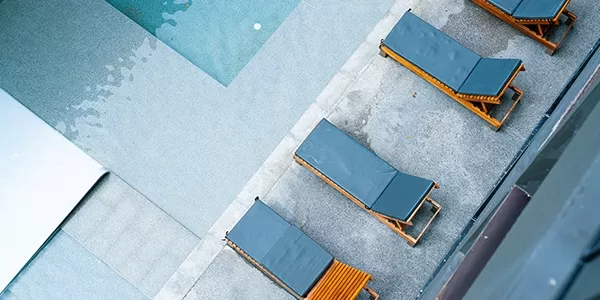Swimming Pool Near Me

Things to Consider When Looking For a Swimming Pool Near Me
If you are looking for a swimming pool near you, there are many things to consider. Before you purchase a swimming pool, consider how it will be used. What are the hours of operation? What materials do swimming pools use? What are the hours and costs? Read on for helpful tips. Below are a few things to consider before you decide on a swimming pool. Also, consider how much it would cost to build your own swimming pool.
Find a swimming pool near you.
During the summer, finding a local swimming pool to spend the day in is a great way to pass the time. While there are many great rooftop pools in the city, public collections are often more accessible to the general public. Nonetheless, it’s important to remember that public swimming pools are still shared, and you should always follow local public safety protocols. Also, keep in mind that some swimming pools don’t allow certain persons to use their locker rooms, such as those on rooftops.
NYC residents can enjoy the parks’ outdoor swimming pools for free, but strict rules are. You’ll need to be aware of park rules, including using a padlock to secure your locker. For families, many recreation centers have family-friendly indoor pools. Membership costs $150 per year for adults and $25 for seniors, but children under 18 are free. Several NYC parks offer indoor pools. There’s even a quiz to help you find a swimming pool near you.
Materials that make up a swimming pool
Inground swimming pools are often constructed with concrete or plaster. These materials were first used to build residential swimming pools. The benefits of concrete and plaster include durability, low maintenance costs, and versatility. The resulting pool shells are durable and can be replastered as needed. These materials are also among the most cost-effective options. Because they are low maintenance and last for years, they are ideal for homeowners who do not wish to spend much money on new construction.
You can consider a fiberglass pool if you do not want to spend a fortune on a new collection. Fiberglass pools are generally more affordable than concrete pools. They come as pre-fabricated, rectangular boxes with many design features. They can also be customized with border pieces and landscaping, making them an ideal option for those on a budget. Fiberglass pools can also be more easily installed. They also cost less than concrete pools and can be installed quickly.
Hours of operation
The hours of operation of swimming pools near me vary according to location. Some venues are open year-round, while others have varying schedules. Some may be closed unexpectedly for private events. If you’re looking for a swimming pool near you, check its hours of operation before going to a particular location. If you plan to swim during off-peak hours, fit for any restrictions, as certain hours are off limits for safety reasons.
For example, H. Spurgeon Cherry Pool is located in the Albert “Ray” Massey Recreation Center. This pool is closed on Mondays and Fridays during the summer due to construction. However, the main pool will be open on Mondays and Fridays, July 4 and Sept. 5. This facility also has lifeguards on duty to ensure swimmer safety. Children under the age of 12 must swim accompanied by an adult or be actively supervised at all times. The hours of operation of swimming pools near me
Cost of building a pool
The average cost of an in-ground swimming pool is $32,408, but if you’d like fancy features, you can spend more. Prices can increase to $60,000 and even more if you include pool lighting. Tiny LED lights start around $600, and more expensive fiber optics can run up to $3000. The best way to keep costs down is to talk to pool installation experts to find out what other options are available.
The construction of a swimming pool requires a lot of materials. These can range from concrete to gravel and sand. Other costs include the installation of a pool deck and a fence. Some pool builders have a complete quote so that you know what to expect. However, remember that prices will vary depending on your area. Therefore, comparing quotes and looking for one that includes all the options available is essential.
Permit requirements
First, check with your local municipal authority to determine if a swimming pool is allowed in your area. The municipality will typically require a residential building permit before approving the building permit for collection. Some cities also require electrical licenses and tickets for swimming pools that use filtration systems. Contact your builder or municipal authority to learn more about zoning regulations. Typically, pool permit requirements are less than a week.
Once your permit is granted, you must meet the setback distance requirements for swimming pools. The setback distances can vary anywhere from five to twenty feet. This distance must be completed by a licensed contractor, master plumber, or plumbing company. Public Works will need to verify the signatures of all these people before issuing your permit. This means that the swimming pool must be at least 5 feet away from the nearest house and be setback from a septic system.


